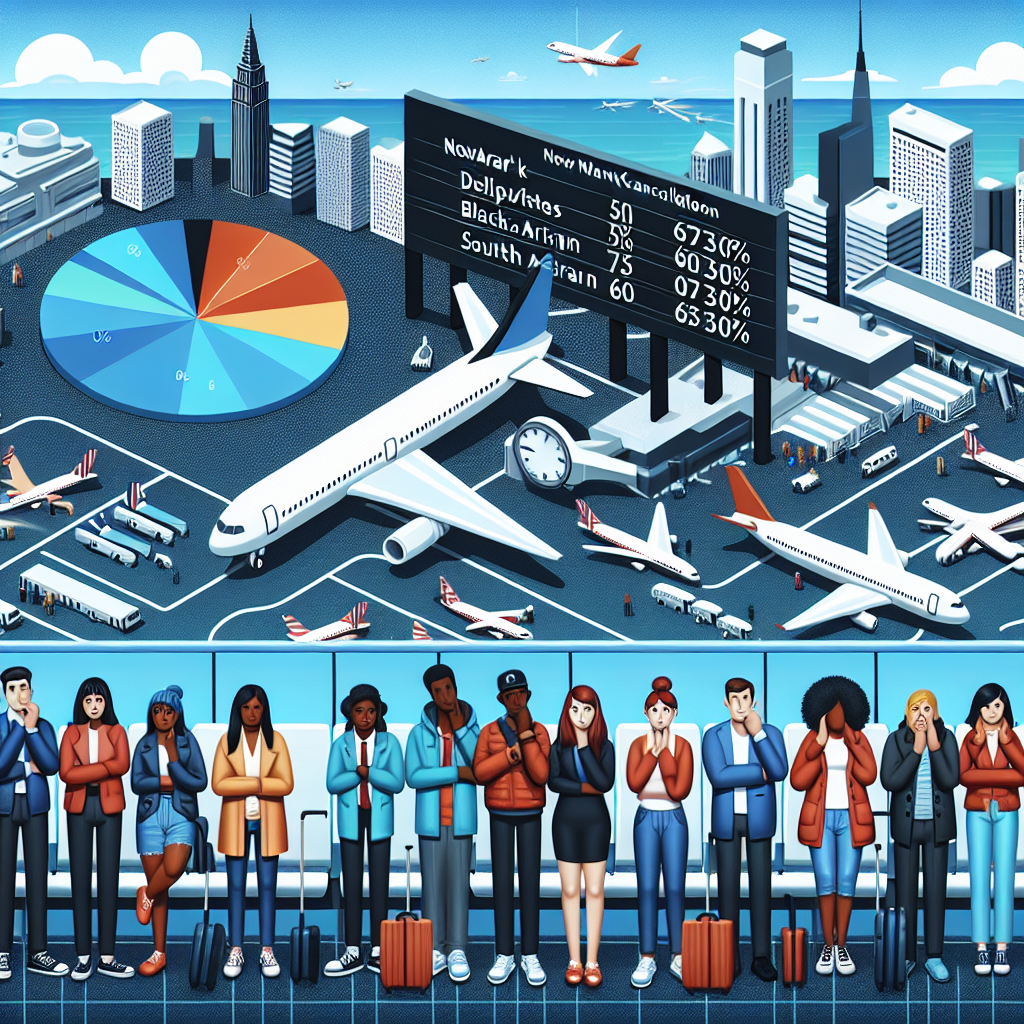Understanding Flight Delays and Cancellations at Newark Airport
Understanding Flight Delays and Cancellations at Newark Airport
Introduction
Newark Airport, a major hub in the United States, frequently experiences flight delays and cancellations. Understanding the causes and impacts of these disruptions can help travelers better prepare for their journeys.
Key Causes of Delays and Cancellations
Several factors contribute to the frequent delays and cancellations at Newark Airport:
- Weather Conditions: Adverse weather, such as snowstorms and heavy rain, often disrupts flight schedules.
- Air Traffic Congestion: As one of the busiest airports, Newark faces significant air traffic, leading to delays.
- Technical Issues: Mechanical problems and maintenance requirements can ground flights unexpectedly.
- Staffing Shortages: Insufficient crew availability can result in flight cancellations or rescheduling.
Impact on Travelers
Flight disruptions at Newark Airport have several implications for passengers:
- Inconvenience: Delays and cancellations can lead to missed connections and extended wait times.
- Financial Costs: Unexpected expenses for accommodations and meals may arise.
- Emotional Stress: Uncertainty and changes in travel plans can cause significant stress for travelers.
Strategies to Mitigate Disruptions
Travelers can adopt several strategies to minimize the impact of flight delays and cancellations:
- Stay Informed: Regularly check flight status updates and weather forecasts.
- Flexible Planning: Allow extra time in travel itineraries for potential delays.
- Travel Insurance: Consider purchasing insurance to cover unexpected disruptions.
- Alternative Routes: Explore different airports or modes of transportation if feasible.
Conclusion
Flight delays and cancellations at Newark Airport are influenced by various factors, including weather, air traffic, technical issues, and staffing shortages. These disruptions can significantly impact travelers, causing inconvenience, financial costs, and emotional stress. By staying informed and planning flexibly, passengers can better navigate these challenges and ensure a smoother travel experience.


















